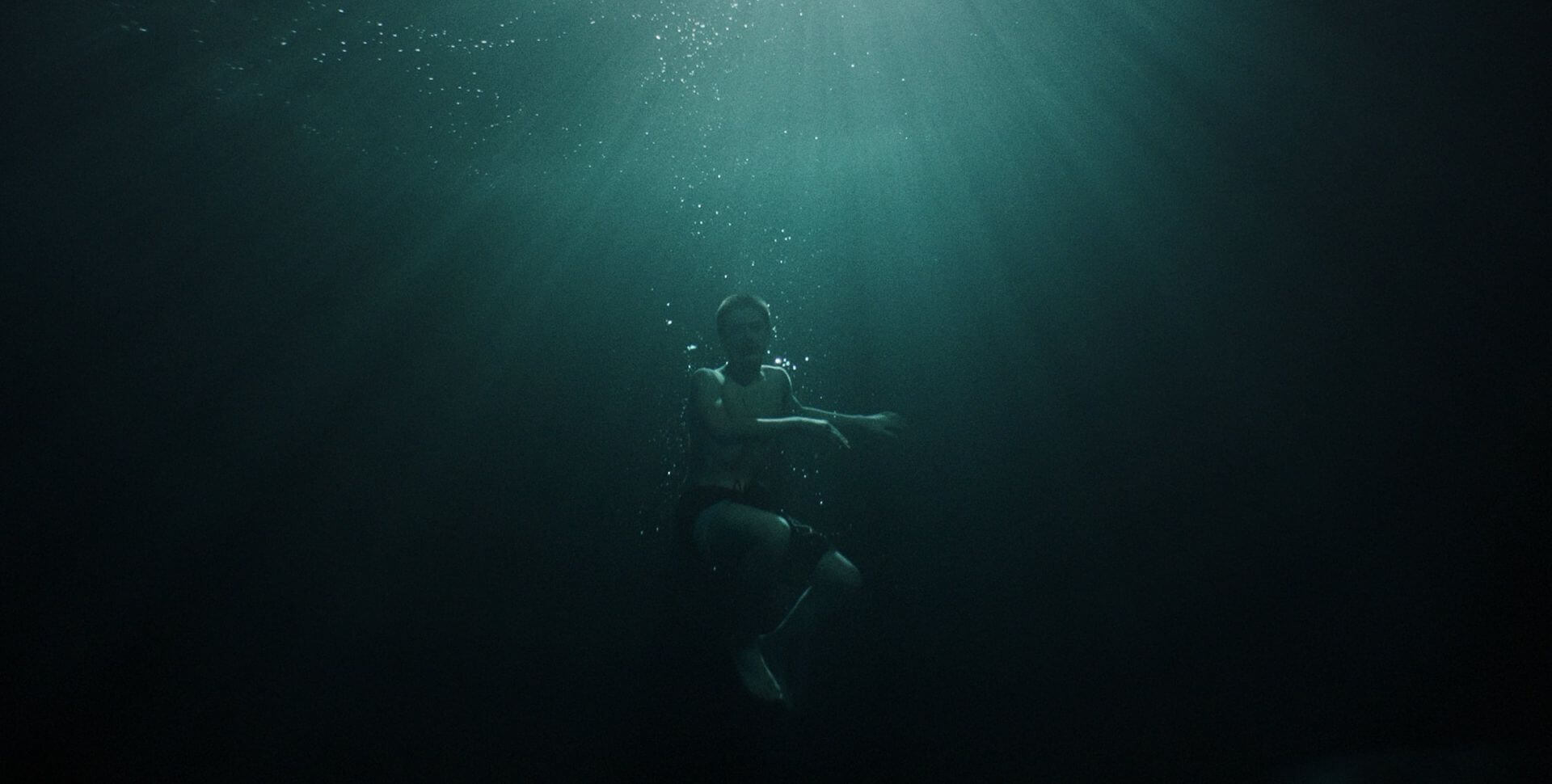Nominated for Best Live Action Short Film at the 2024 Academy Awards.
Invincible is a short film that recounts the last 48 hours in the life of Marc-Antoine Bernier, a 14-year-old boy on a desperate quest for freedom.
1. Your short, Invincible, is based on the true story of a teenage boy who committed suicide. When did you first hear about this story and why did you decide to adapt it?
This is the story of my childhood friend, Marc-Antoine Bernier, who passed away when he was 14 years old. I was the same age as him when this happened, which is quite young to truly grasp the magnitude of such an event. About 5-6 years ago, I realized that I still carried this story in my heart, so I decided to revisit it and try to understand it better. I met with my friend's family to discuss what they remembered of his final days. One of the first things that emerged from our discussions was that it might have been more of a suicide than an accident. It was then that I realized how little I truly knew about my friend. I embarked on several months of research, consulting mental health professionals, as well as those working in juvenile centers, along with his family and friends. These endeavors allowed me to reconnect with my childhood friend, and to understand him better. I realized that there was an important story to tell, that of a young boy who felt suffocated, lost, powerless, and misunderstood.
2. Which films/directors have influenced you as a filmmaker as well as your short, Invincible?
Growing up in Montreal, it's impossible to ignore the influence of directors like Jean-Marc Vallée and Denis Villeneuve on my perspective of filmmaking in recent years. I'd say for "Invincible," it's the meticulousness of "Incendies" (2010) and the storytelling of "C.R.A.Z.Y." (2005) that influenced my vision for the film. Yet, I'm also a huge admirer of Ryan Coogler's "Fruitvale Station" (2013) for the depth of affection we feel for the main character and the raw intensity of Steve McQueen's "Hunger" (2008).
3. Throughout the movie, there is a lot of imagery around water and its contradictory nature as a freeing and imprisoning space. Was this intentional?
Yes, it was, and thank you for noticing. My aim here was to play with the concepts of water and fire, which are quite simple on paper—two extremes that cannot coexist, repelling one another. Marc had both extremes within him. He longed to be with his family yet kept pushing them away; he wanted to leave the juvenile center but did things to stay there. In my eyes, I believe Marc was, against his will, the fire—a person boiling from within, needing more room to breathe, yet ultimately desiring to be like water—calm, silent. When these extreme elements clash, what happens? Water always wins.
4. The movie has been honored both in your home in Quebec and at the Academy Awards. How does it feel to get this kind of recognition at home and abroad?
It’s honestly surreal. I can't believe what's happening. But in the end, two things really make me happy about all this. Firstly, the fact that we'll be able to celebrate the end of the journey here, at the Oscars, with the film team coming all the way from Montreal for the occasion. It's a beautiful gift, for us and for them, that I'm looking forward to experiencing with these people who have worked so hard on the film. And also, there's the fact that the Oscars allow the film to have greater visibility worldwide. It's touching to receive all these testimonials from all over the world. I thought I was making a very personal film, but I realize that the story is much more universal. People from diverse backgrounds, ages, and languages find echoes of themselves in Marc's character, perhaps recognizing aspects of their own lives or those of others they've encountered.
5. What do you want audiences to take away from your film?
It's tough to pin down an answer because this film was my attempt to delve deeper into the complexities of my childhood friend. Yet, even now, there's so much I feel I haven't quite grasped. I approached the project from an outsider's viewpoint, trying to capture the essence of a society that struggled to truly understand the inner battles of this young boy. So, I leave it to the viewer to draw their own conclusions and take from it what resonates. Ultimately, my hope is that the film ignites conversations about the mental well-being of young people and fosters a culture of listening and understanding within our communities.
